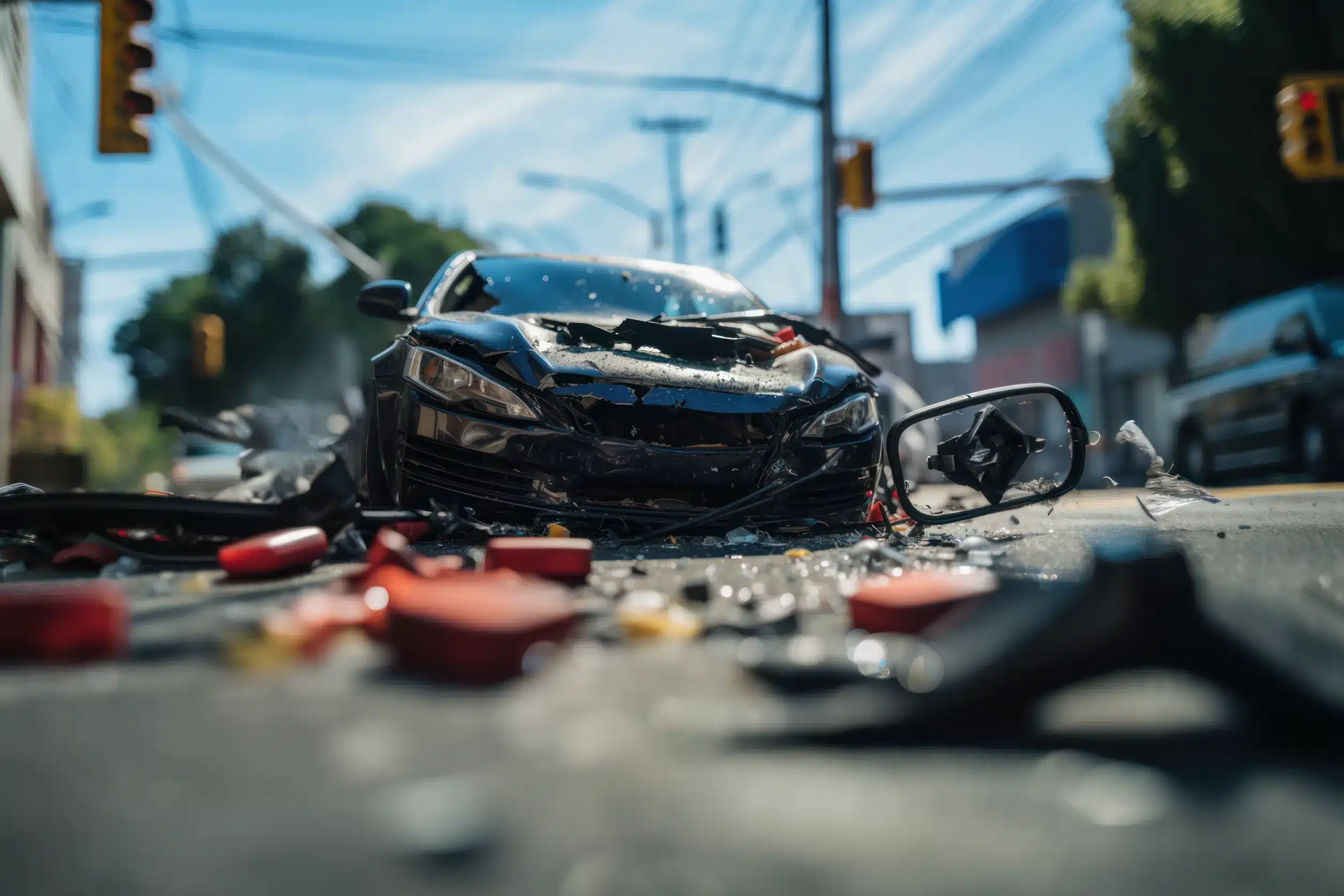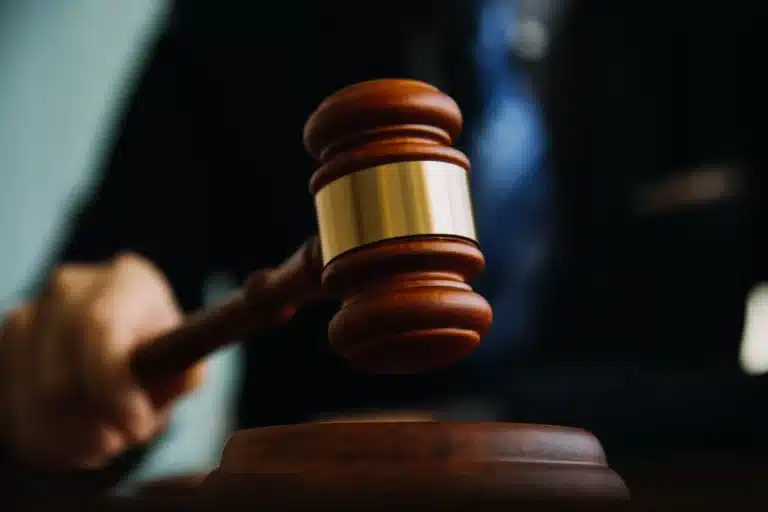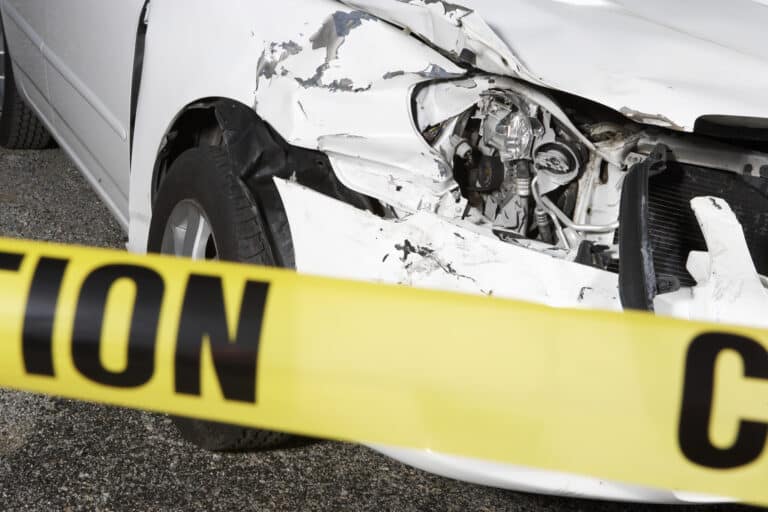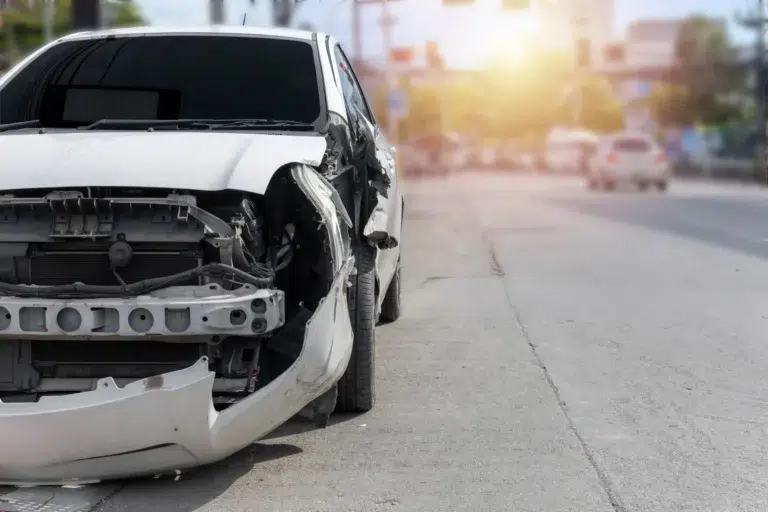What to Do When Sued for a Car Crash in Florida?
What Should I Do If I’m Being Sued After a Car Accident?
Being involved in a car accident in Florida can be stressful, and facing a lawsuit as a result adds another layer of complexity. This guide will provide you with essential information and strategies to effectively defend yourself if you’re being sued for a car accident in Florida.
Understanding Personal Injury Lawsuits in Florida
When you are involved in a car accident in Florida and face a lawsuit, it typically falls under the category of a personal injury claim. These lawsuits are intricate, and a thorough understanding of Florida’s legal framework regarding personal injury is crucial for your defense strategy.
Personal Injury Law and Negligence in Florida
The central concept in Florida’s personal injury law is negligence. To successfully claim negligence, the plaintiff (the person suing) must convincingly establish several key elements:
- Duty of Care: This is the foundational element where the plaintiff must demonstrate that you, as a driver, had a legal obligation to operate your vehicle in a safe and reasonable manner, thereby avoiding any harm to others.
- Breach of Duty: Here, the plaintiff needs to prove that you failed to fulfill this duty of care. This could involve showing that you engaged in reckless or careless behavior while driving, such as speeding, distracted driving, or violating traffic laws.
- Causation: It’s not enough to just show that you breached your duty of care; the plaintiff must also prove causation. This means establishing a direct connection between your breach of duty (e.g., running a red light) and the accident. They need to demonstrate that your actions were a direct cause of the accident and the resulting injuries or damages.
- Damages: The final element involves the plaintiff proving that they suffered actual damages due to the accident. This can include physical injuries, property damage, medical expenses, lost wages, and other types of quantifiable losses.
Understanding these elements is vital in crafting your car accident defense. You may focus on challenging the plaintiff’s evidence regarding any of these points. For example, you might contest the claim that your actions were the direct cause of the accident or argue that the damages claimed are not as extensive as alleged.
In addition to these key elements, other factors like the timeliness of the lawsuit, adherence to Florida’s lawsuit procedures, and the specific circumstances of the accident all play a role in shaping the lawsuit. Knowing how to navigate these aspects is crucial in a personal injury defense.
What To Do After Being Served with a Car Accident Lawsuit?
If you are served with a lawsuit regarding a car accident, it’s important to take immediate and appropriate actions to protect your legal rights and interests. Here are the steps you should consider:
- Read the Documents Carefully: Understand what you are being sued for, who is suing you, and the court in which the lawsuit is filed. Pay attention to any deadlines for responding to the lawsuit.
- Do Not Contact the Plaintiff: Avoid direct communication with the plaintiff or their lawyer. Anything you say can be used in the legal process.
- Preserve Evidence: Secure any evidence related to the car accident. This includes photographs, videos, witness contact information, police reports, insurance communications, and medical records.
- Consult a Lawyer: Contact a lawyer who specializes in car accident defense as soon as possible. They can provide legal advice, help you understand your rights, and guide you on how to respond to the lawsuit.
- Notify Your Insurance Company: Inform your insurance provider about the lawsuit. Most insurance policies require that you report any accidents or lawsuits. Your insurer may also provide legal defense depending on your policy.
- Do Not Admit Fault: It’s crucial not to admit liability or fault for the accident, either in writing or verbally, as this can be detrimental to your defense.
- Prepare for Response: Work with your lawyer to prepare and file a response to the lawsuit within the specified time frame. This typically involves filing an “answer” to the allegations in the lawsuit.
- Understand the Process: Familiarize yourself with the legal process. A lawsuit involves several stages, including discovery, negotiations, and possibly a trial. Your lawyer will guide you through these stages.
- Consider Your Financial Situation: Understand the potential costs associated with defending a lawsuit and discuss them with your lawyer. This will help you in making informed decisions throughout the process.
- Stay Calm and Organized: Legal proceedings can be lengthy and stressful. Stay organized with your documents and communications, and maintain a calm approach throughout the process.
Remember, every legal case is unique, and the best course of action depends on the specific details of your situation. Therefore, obtaining legal advice tailored to your case is crucial.
Florida Civil Counsel, P.A.: Your Trust Accident Defense Team
Being served with a car accident lawsuit in Florida is a situation that demands prompt and careful attention. It’s essential to understand the nuances of personal injury law in the state, particularly the concept of negligence, and take immediate, strategic steps to safeguard your interests. From preserving evidence and consulting with a specialized lawyer to understanding the intricacies of the legal process, every action you take can significantly impact the outcome of your case. Remember, while this guide provides a foundational understanding, the complexities of each case require the expertise of a legal professional. Facing a lawsuit can be daunting, but with the right preparation and support, you can navigate this challenge with confidence and resilience.





